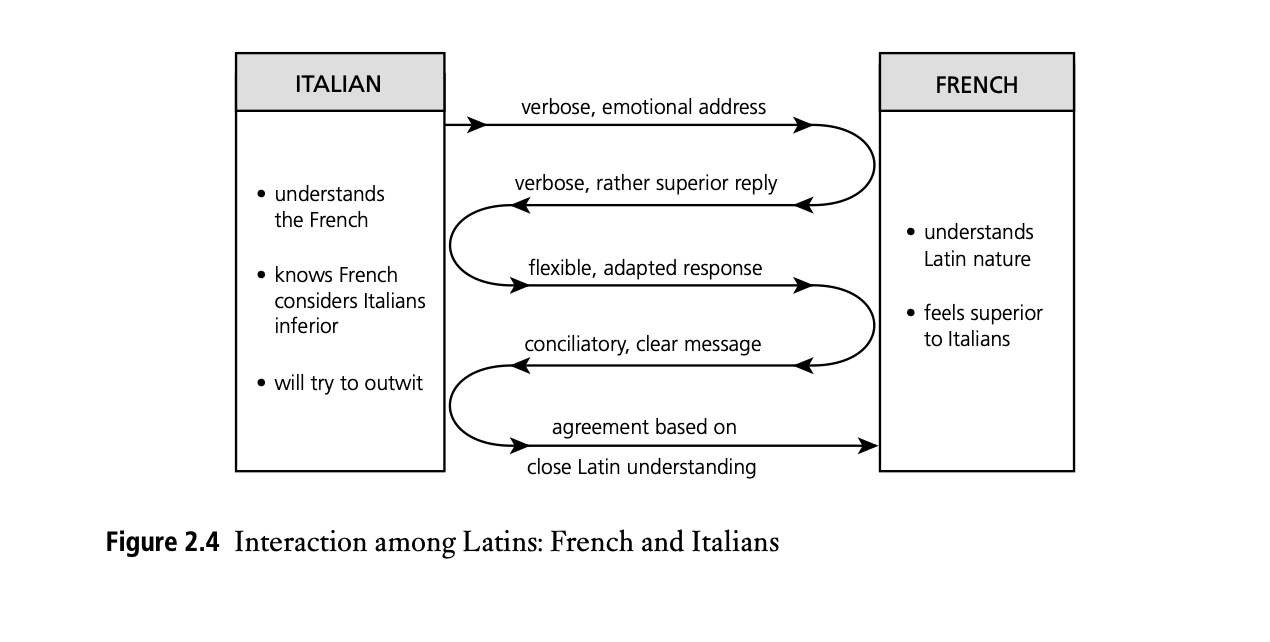Writing about Groups of People
A Caveat before I write about the Greeks
A Caveat
In my last post, I discussed my hopes for travel writing generally and my hopes to have a travel writing group — perhaps to start, one week every half-year, where we just chill and go through a little curriculum.
One chapter in the curriculum would be an aspect of travel writing that I find rather tricky and would like to find a good book about: how to write about your experiences with people of other cultures.
Of course, when you travel, if you are keeping your eyes open, you notice the people and what they are doing.
My next post will includes lines such as:
If I looked over at someone, and they looked like they were spending a lot of time “being Greek” — that was my surest way of knowing if they were Greek. If I was not sure, and thought “well they could be but I really cannot tell,” when the person spoke, out would come Spanish, German, or English — but not Greek.
I did not know what this “being Greek” entailed, exactly, or why it worked well for me as a predictor of Greekness, but I had a suspicion that it had something to do with digesting a lot of olive oil from three days before. Few things grow in Greece, but the olives grow even in the rental car parking lots.
I then write about this majestic olive oil chocolate cake I ate right before returning home, and what the waitress though of me eating this cake at midday.
It is hard not to write about food, and it is hard not to write about people. Both really affect a person!
You notice if you have had mostly positive or mostly negative interactions, anybody you met who was unusually notable, how everyone dresses, what people outside are doing that is different from you, and what they are doing differently from people who you are used to interacting with.
(Shapes of things to notice could be a good worksheet for the curriculum chapter.)
When speaking, there is often some relaxation around what you mean when you talk about a group of other people. There are lots of gossipy styles and jokes that are generally seen as both allowed and fun, and people generally like hearing about your authentic reaction to a place right when you return home, when you are still vibrating with the energy of your adventure.
“They were so friendly!” or “They were so stern!” are comments not usually taken as statements about an entire country or an entire social group, per se, as much as your own subjective experiences in that country.
Of course there is always a subjective quality to an interaction with the other: even in my simple example above, a stern person in a friendly country may instead use the more intensely experiential term “overwhelming” and a friendly person in a stern country may use the term “rude.”
As an aside, there is a book I like, When Cultures Collide, by Richard D. Lewis, an exquisite two-pound tome that has fantastic charts about how different cultures participate in business negotiations.
Examine these wonders: :
I felt like my capacities for negotiation increased simply by going through this book and looking at these charts. (There are of course pages of corresponding text you can read.)
Let’s tie this aside back to my original thread. The above charts are neutral enough, in some ways. I picked North American countries intentionally, as any “stereotypes” we see there (and there are some), might not “land” to us as stereotypes very hard.
But how about this chart:
It is a kind of funny chart, because it is a chart that charts out the customary stereotypes of others! It is a stereotype about stereotypes!
This chart is in a book with business intent, such that the audience is generally forgiving of what one might call political correctness, because they do really want and need the business help!
A person who has actually seen a negotiation between Italian and French businessmen escalate would not mind for a chart to exist modeling what they saw if it clarifies some overwhelm, solves a conflict, or leads to a business deal.
This author had done enough research to fill four editions of a 500-page book and had many collaborators. He had confidence!
However, the average person dipping their toe into writing is generally much more wary of the formality of writing something down, let alone making something as official as a chart, compared with the relaxation of speaking freely with a friend.
It feels cruxy to me to know how to write about other cultures in a way that respects that what you saw is likely your subjective experience, and may not be true about the culture, actually from that culture’s point of view.
It also feels cruxy to me to know how to, at the same time, honor the truth of what you saw that you believe is worth noting, sharing, or thinking more about, without requiring you to learn another language or spend 20 years studying not just the the history of the country you are visiting, but also your to know how your perspective and the differing perspective interact. People do get PhDs in Comparative Literature and anthropology, after all.
I think we would have a much less rich literary environment if people could not write honestly about what they’d experienced. Furthermore, the problem of having certain requirements becomes obvious when you cannot actually meet those requirements — when for example you are writing about the 15 patrons of a very specific goth club in a small town, and what that’s like on a sunny 6pm on Tuesday.
I will be writing about my experiences in Greece soon, and wanted to include this caveat. I don’t know much about Greece, but I know that I went to Greece one time and some funny stuff happened that I want to talk about!




